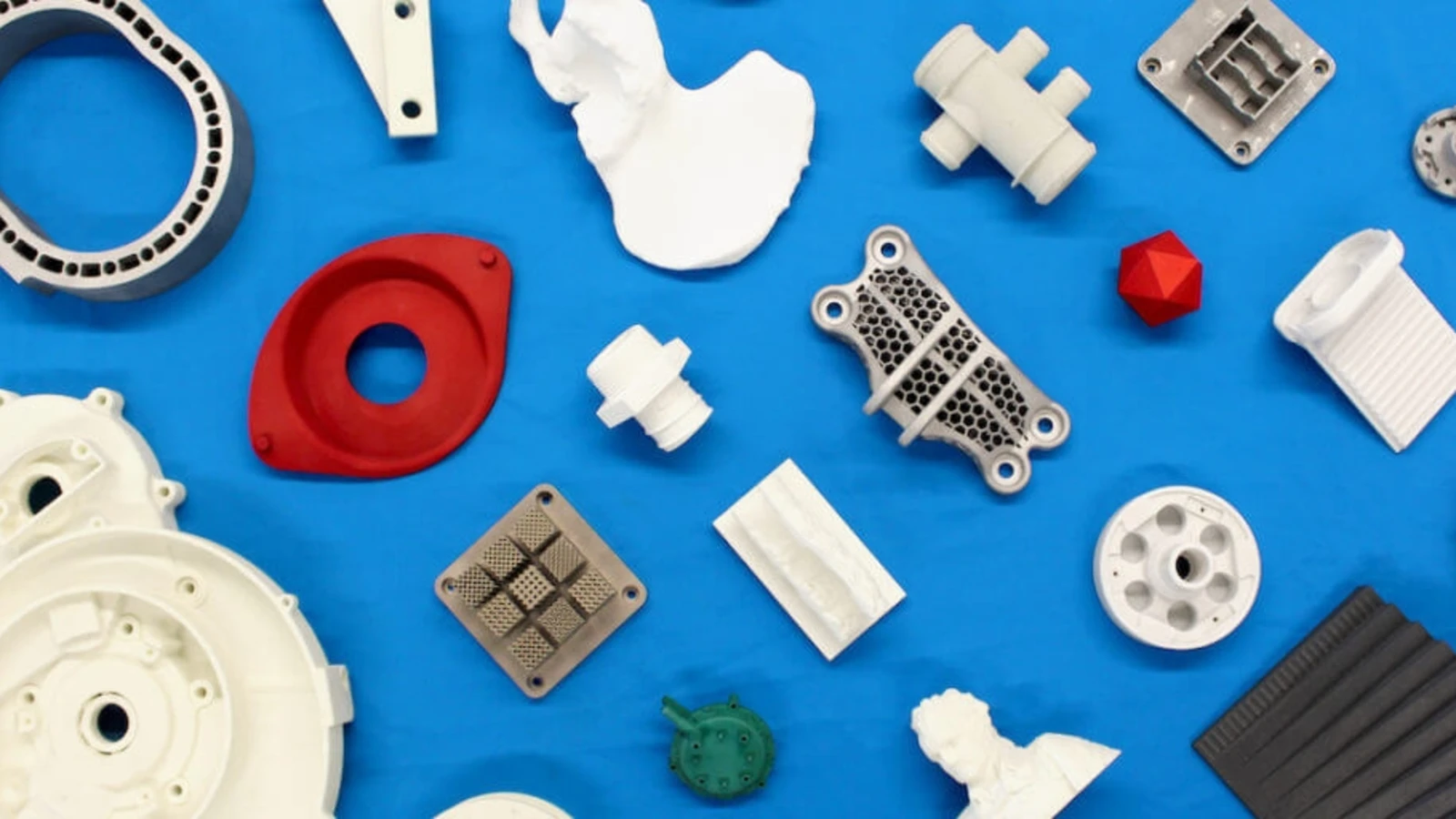Lately, the merging of tech and sustainability has revolutionized the scene of production, leading to the concept of smart factories. These advanced factories leverage cutting-edge technologies such as the Internet of Things, AI, and big data analysis to not only enhance efficiency but also embed sustainability into the very core of product design. As the world struggles with environmental challenges, the need for manufacturing processes that reduce waste and make the most of resources has never been more critical.
Smart factories are at the forefront of this change, rethinking how goods are conceived, developed, and delivered to consumers. By emphasizing sustainable practices throughout the manufacturing lifecycle, these locations can create innovative products that meet consumer demands while reducing their impact on the environment. The marriage of modern technology with environmental consciousness marks a crucial change, positioning smart factories as crucial contributors in shaping a sustainable future.
The Importance of Smart Factories in Green Manufacturing
Intelligent factories stand as a transformative strategy to manufacturing that emphasizes eco-conscious practices throughout the manufacturing chain. By utilizing innovative solutions such as the Internet of Things, AI, and automation, these factories can enhance resource efficiency and minimize excesses. This change allows production companies to track energy consumption and resource flow in real-time, empowering them to recognize areas of improvement and execute solutions quickly.
Integrating sustainability into product design, intelligent manufacturing systems facilitate the development of sustainable products. This involves using renewable materials, reducing toxic emissions, and ensuring recyclability. Data analytics from smart production systems can impact product design, ensuring that products not only meet market needs but also comply with sustainability standards and guidelines.
In addition, smart factories boost cooperation across the production network, fostering a environment of eco-friendliness. By exchanging product design and manufacturing with vendors and collaborators, companies can join forces to lower their carbon footprint. This joint initiative guarantees that sustainability is not just an separate objective but a fundamental value embedded in the entire manufacturing ecosystem. Through this comprehensive method, advanced manufacturing systems are paving the way for a more sustainable future in design and manufacturing.
Innovative Product Designs for a Greener Tomorrow
As the demand for greenness grows, new product designs are surfacing at the vanguard of manufacturing. Developers are more and more emphasizing substances that reduce ecological footprint impact, such as compostable polymer materials and repurposed metals. This shift not only confronts the increasing concerns about waste and environmental damage but also creates new avenues for visual attractiveness and performance. By embedding environmental consideration into the center of item creation, producers can develop goods that buyers are happy to acquire and utilize.
In addition to substances, the emphasis on modularity in goods design is transforming the way consumers interact with items. Adaptable products, which can be readily repaired, enhanced, or repurposed, lengthen the lifecycle of items and greatly reduce refuse. By promoting consumers to care for and enhance their products rather than dispose of them, brands cultivate a culture of sustainability and responsible consumption. This approach helps producers establish a faithful clientele that appreciates sustainability as much as development.
Moreover, smart technology is playing a key role in encouraging eco-friendly concepts. The application of Internet of Things (IoT) technology allows for immediate data acquisition and observation, enabling manufacturers to optimize manufacturing and reduce power use. This not only lowers expenses but also yields goods that are intrinsically more efficient and green. As automated factories evolve, the adoption of such advancements will facilitate smarter , greener goods concepts that appeal to both the sustainability of the earth and customer demands.
Obstacles and Opportunities in Intelligent Production
One of the notable challenges in intelligent production is the incorporation of cutting-edge technology into existing production systems. Numerous traditional plants operate on legacy systems that can be difficult to upgrade without significant investment. This shift requires not only financial resources but also a change in mindset among employees and management. Training is essential to ensure that the employees is equipped to manage and handle these innovative tools, such as Internet of Things devices and AI systems, which are critical for enhancing sustainability in designing products.
On the flip side, intelligent production provides remarkable opportunities for sustainability. By utilizing data analysis and instant monitoring, factories can improve their energy use, reduce waste, and streamline supply chains. This capability allows manufacturers to make data-driven decisions that enhance environmental performance while maintaining market advantages. Additionally, intelligent factories can adapt to new regulations around environmental standards more efficiently by quickly implementing design modifications as needed.

In addition, the emphasis on sustainable product design fosters creativity within organizations. Companies have the opportunity to create products that are not only efficient in their production but also support a circular economy. By designing for recyclability and using eco-friendly materials, businesses can satisfy growing consumer demand for environmentally friendly products. Emphasizing eco-friendliness in intelligent production opens the door to new markets and customer segments, ultimately leading to long-term expansion and benefits for society.
